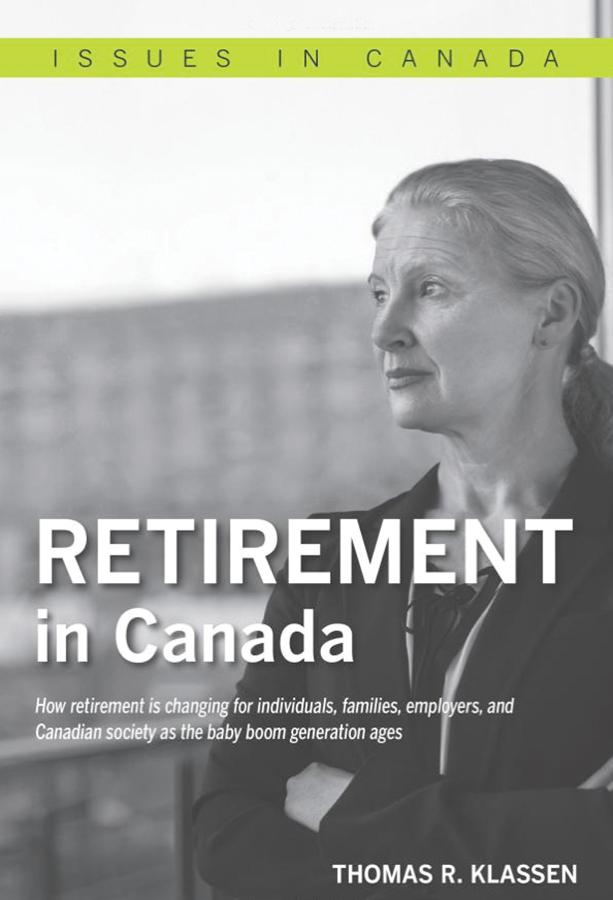View
Tsunami
A century ago, the average Canadian lifespan was 60 years. Today, most of us can expect to live at least 20 years longer. In addition, the baby boom generation, comprising 30 per cent of the Canadian population, is now entering retirement age – causing many to worry about the potential ramifications. But no two people retire the same, suggests Thomas Klassen, a professor in York University’s Department of Political Science and School of Public Policy & Administration. As the arc of our individual and collective lives continues to change, he says, so too will the experience of retirement.
Klassen has written extensively on retirement and income security for older Canadians. In his latest book, Retirement in Canada, he tackles a myriad of myths and misconceptions about retirement and offers insights into how retirement is changing as the baby boom generation ages – for individuals, families, employers, policy-makers and Canadian society at large.
“I wanted to counter the various doomsday scenarios that are being put forward,” says Klassen, “including that the retiring baby boomers are causing the implosion of public health care and pensions, and taking jobs away from young people. A more balanced account seemed important, rather than the sensational journalistic stories or those from financial advisors, which too often scare readers.” What does Klassen hope the takeaway will ultimately be? “That readers understand that retirement, both for individuals and for society, is a gradual process.” ■
